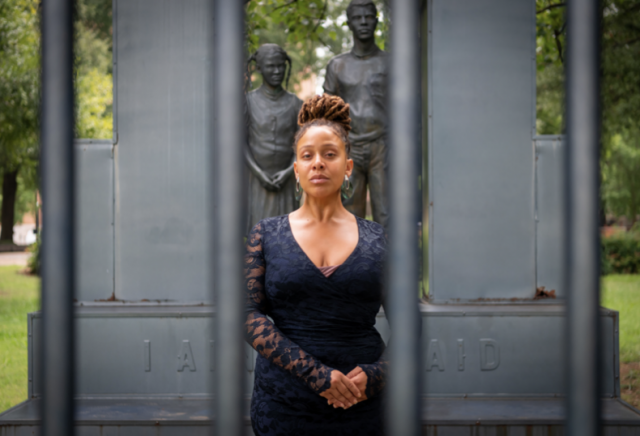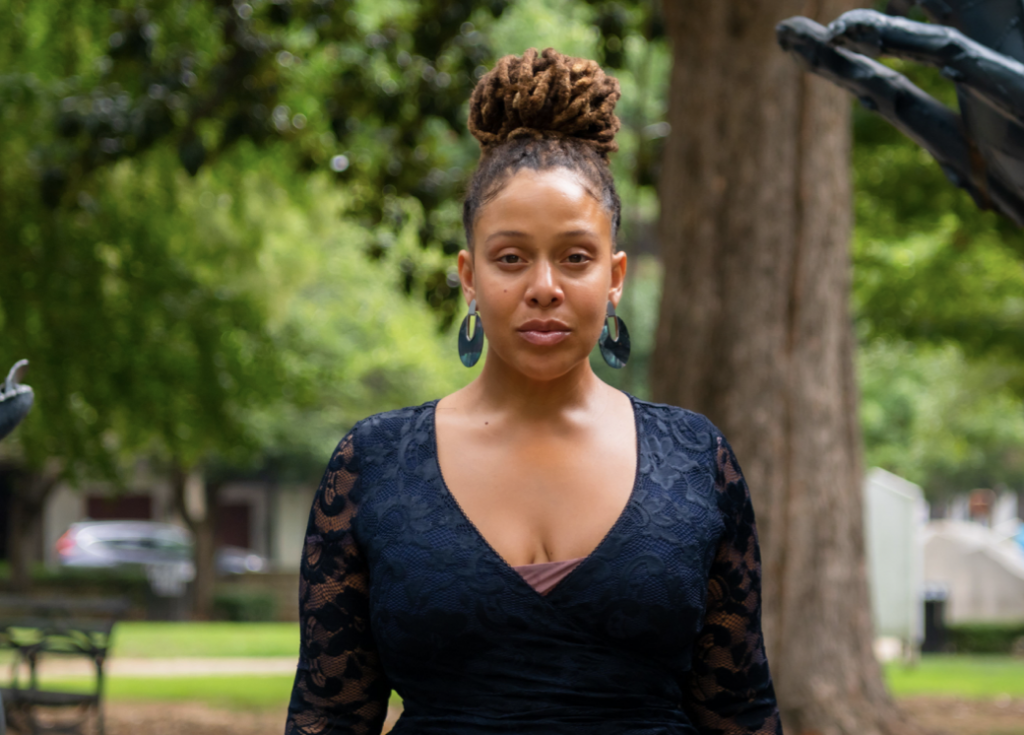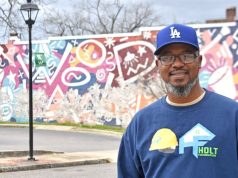
Compiled by Ryan Michaels
The Birmingham Times
Birmingham, known as a cradle of civil rights history, today still contains numerous strong voices pushing for change locally and across the country. Within the activist community are those fighting for environmental justice, justice system reform and better connectivity among communities, among other issues. But these individuals all have one thing in common—improved quality of life for all.
Here is one of those voices.

Name: Celida “Celi” Soto
Age: 42
Organization: Alabama Arise, Fountain Heights Farm, Margins, SWEET (Sustainable Water, Energy and Economic Transition in) Alabama
Your passion: “Hunger policy”
What does a better Birmingham look like: “A better Birmingham, for me, is one where the people of Birmingham in the neighborhoods, predominantly BIPOC (Black, Indigenous and People of Color) neighborhoods have sovereignty over their land and over the food that grows from it. It looks like them having a decision-making power over budgetary needs, and the two words that best define that are participatory budgeting…That would be the implementation of participatory budgeting where the residents Birmingham have a say in some of how the budget is spent…I ran for office, and I canvassed. I engaged in deep canvassing, which is not the typical binary process where you ask somebody, ‘Are you gonna vote for me? Yes or no?’ It’s where we really sit with residents and dream with them, reimagine what Birmingham could look like. That insight allowed me to see that people have an array of concerns, but that most of them, if not all, would be resolved if they can assign some of Birmingham’s budget to their immediate needs, their dilapidated homes, their access to food, recreational availability, so I think participatory budgeting will allow for that level of sovereignty over their immediate needs.
Favorite quote/Words you live by: “The opposite of poverty is not wealth. In too many places, like Birmingham, the opposite of poverty is justice.” – a quote, adjusted to specifically reference Birmingham, from Bryan Stevenson, founder and executive director of the Equal Justice Initiative




